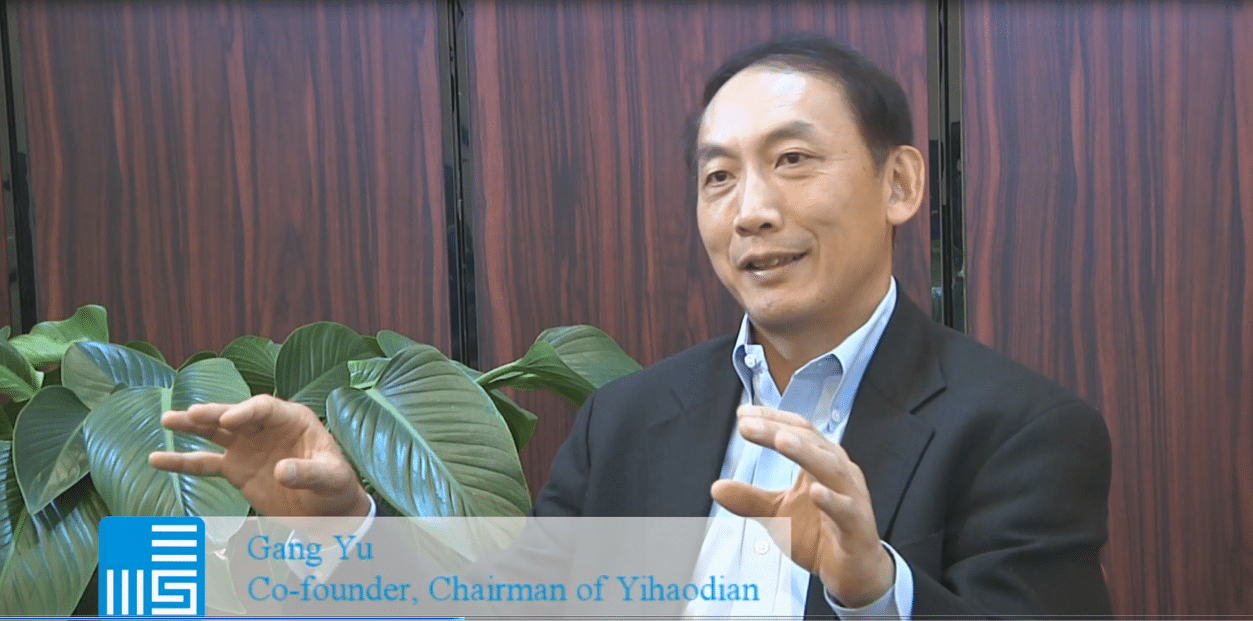At last count, China had nearly 538 million internet users–a number that is growing everyday. Out of these 538 million, 194 million have shopped online. And this number is also growing everyday. As a result, e-commerce is one of the hottest sectors in China right now. The Chinese customer is demanding–and unforgiving–and competition between players is cut-throat. As a result, China’s e-commerce companies are seeking innovative ways to differentiate themselves. And so, China’s e-commerce sector has become fertile ground for out-of-the-box thinking and experimentation.
In 2007, Gang Yu, formerly a professor at McCombs School of Business, University of Texas, Austin, and his friend and partner Liu Junling decided to set up China’s first large-scale online supermarket. In mid 2008, Yihaodian (The Store Corporation) was born. In the first three years of its existence, Yihaodian grew by an astounding 19,218%, winning the number one slot on the Deloitte Technology Fast 50 rankings.
At Yihaodian, the academic in Yu has been hard at work, testing out new ways of expanding the business, be it innovations in how the customer interfaces with the site, or filing patents in warehousing and logistics.
In October, multinational retail giant Walmart picked up a 51% stake in Yihaodian.
In Part 1 of an interview with CKGSB Knowledge, Yu elaborates on China’s vibrant e-commerce sector and the company’s experiments in mobile commerce and social commerce.




















